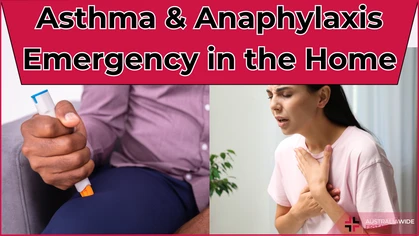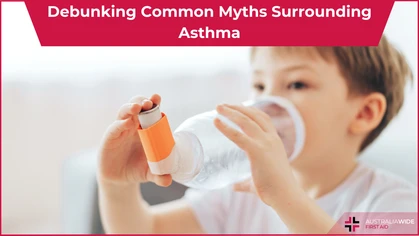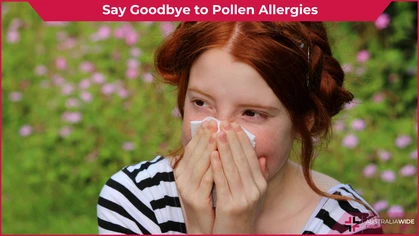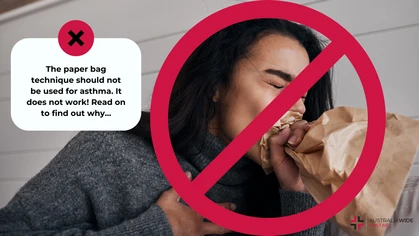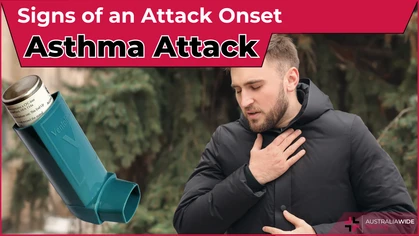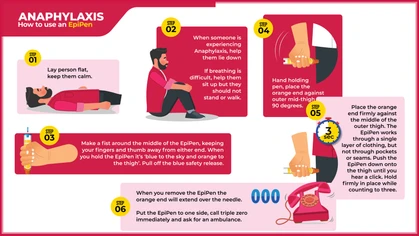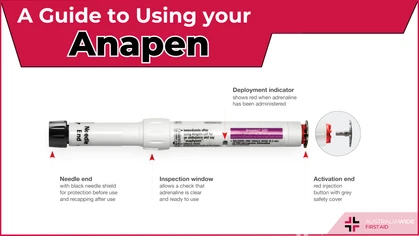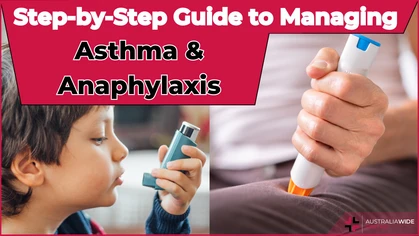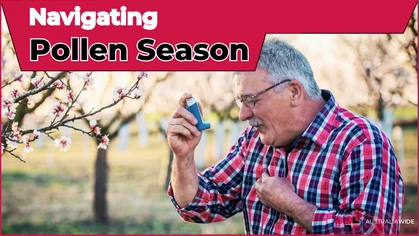Excellence in Asthma & Allergy Reporting Awards

Allergy and Asthma
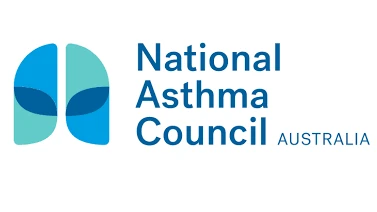
2014 Excellence in Asthma and Allergy Reporting Awards
Australia Wide First Aid has been recognised by the National Asthma Council Australia for their achievement and excellence in the 2014 Excellence in Asthma and Allergy Reporting Awards, overnight in Melbourne. Australia Wide First Aid’s blog post; ‘Is Asthma Stopping You From Exercising?’ took out the best piece in the Social Media category, which was described by CEO of National Asthma Council Australia, Kristine Whorlow, as a tough category to judge. “Our panel felt the blog post by Australia Wide First Aid really hit the mark. ‘Is Asthma Stopping You From Exercising’ is a great educational piece which spreads good asthma messages out to a wider audience, particularly around exercise and asthma” said Kristine Whorlow. Judges based their decision on the balanced and accurate report of asthma issues; demystifying the complexities of asthma and portraying a realistic account of what it is like to live with asthma – all of which play a key role in increasing awareness and support of asthma and allergy management, treatment and education. The Excellence in Asthma and Allergy Reporting Awards were held in the midst of National Asthma Week (September 1-7), to acknowledge and reward excellence in asthma journalism and to promote and encourage responsible reporting of issues relating to asthma and allergy treatment, management and education.A bit about Asthma
Asthma is one of the most common chronic diseases with an estimated 300 million individuals affected worldwide. Kristine Whorlow says Australia has one of the highest prevalence’s in the world, with more than two million of us affected, equivalent to 1 in 10 Australians. “Fortunately, asthma can be effectively treated and the vast majority of patients can achieve good control of their symptoms with proper management. The biggest step to take would be to identify your triggers, such as exercise, and work out an asthma action plan with your doctor. “The identification of triggers and how to avoid or manage the reaction is a huge step for an individual in learning how to take control of their asthma” said Ms Whorlow. Australia Wide First Aid has joined forces with the National Asthma Council of Australia throughout National Asthma Week to help encourage you to put yourself in charge, not your asthma, with the theme ‘Take Control of Your Asthma’.
Originally published at
https://www.australiawidefirstaid.com.au/resources/asthma-allergy
as part of the Australia Wide First Aid Articles Library
